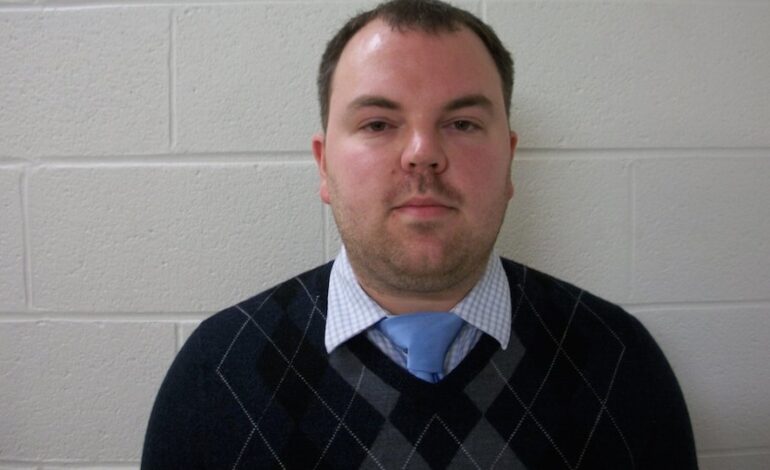Pennsylvania Surrogacy Loophole Lets Registered Offender Become Dad

I am Maya Rivers your itinerant wordsmith drifting between clipped court filings and infant lullabies to capture the irony of a story where justice and genesis collide.
In the hush of new beginnings, a paradox hums in the heart of law and life.
Earlier this summer, social media platforms buzzed with heartwarming videos of Brandon Keith Mitchell and his husband celebrating their infant son – tender kisses, monthly candle blowouts for each milestone, and joyful cooing throughout the child’s first year. This digital diary, intended to share pure family bliss, swiftly morphed into controversy as viewers dug deeper and uncovered a troubling shadow in Mitchell’s past, igniting debate well beyond any online applause.
Mitchell’s legal record traces back to Chester County filings in 2016 when he was convicted of child sex abuse and possession of child pornography. He accepted responsibility, served his sentence without incident, and completed probation and parole in 2021 with no recorded violations. Despite these serious convictions, Pennsylvania law imposes registry requirements but does not bar registered offenders from securing parental rights through surrogacy arrangements.
Two years ago, Mitchell and his spouse turned to online crowdfunding to finance their surrogacy journey, appealing to friends and allies eager to help build their family. A gestational carrier agreed to carry their child, culminating in the birth of their son in early 2025. They have since chronicled every coo, every crawl, and every smile in a public stream of videos and photos – a tender narrative now clouded by legal debate.
As indignation grew, legal analysts highlighted a startling loophole: Pennsylvania offers rigorous screening for adoption candidates but remains silent on surrogacy restrictions for registered sex offenders. There is no additional judicial review, no parental fitness evaluation beyond existing registry checks. Critics argue this blind spot allows individuals with serious past convictions to assume parental roles without the safeguards applied in other family-building methods.
York County District Attorney Tim Barker addressed the uproar with concern for child welfare. “I appreciate the outraged emotions that a loophole exists, allowing a registered sex offender to become a parent through surrogacy without the scrutiny and accountability mandated for adoption,” Barker told TMZ. He emphasized his office’s readiness to work with Pennsylvania lawmakers on drafting constitutionally sound reforms to ensure every child’s safety.
Mitchell’s attorney, Peter E. Kratsa, offered a staunch defense, noting his client’s transparency and rehabilitation efforts. “Brandon did nothing illegal or unethical in becoming a surrogate parent,” Kratsa explained. He pointed out that Mitchell disclosed his past to all parties, served counseling, and has remained compliant with registry obligations. Kratsa suggested critics direct their focus toward those who evade accountability for child harm instead of his client’s earnest quest for family.
With public pressure mounting, Pennsylvania legislators may soon propose amendments extending background checks and judicial oversight to surrogacy procedures. Lawmakers are weighing how to expand protective measures without infringing on reproductive rights. Advocacy groups and legal experts are preparing testimony as the state Senate and House consider whether to close the gap that currently allows registered offenders to navigate parenthood through surrogacy unchallenged.
As the cradle rocks between possibility and precaution, the final stanza of this unfolding saga awaits its own legal refrain.
Sources: Celebrity Storm and TMZ
Attribution: Creative Commons Licensed




